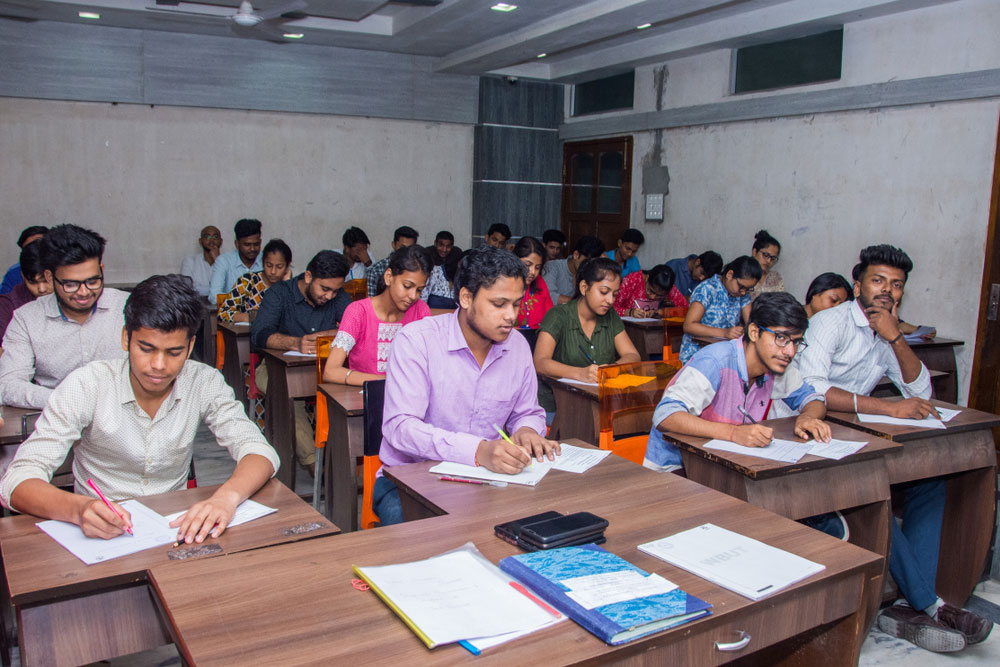Undergraduate students in general courses may soon be required to complete daily home assignments and take unit tests after each chapter in addition to appearing for the end-of-semester exams.
Higher education regulator University Grants Commission has formulated new evaluation reforms guidelines that seek to promote continuous tests under which the weightage of the semester exams will be reduced to 30 per cent from 100 per cent.
The proposed system, which will be circulated among colleges and universities for consideration, will have formative (70 per cent weightage) and summative (30 per cent weightage) assessments.
The formative assessment will include activities such as daily home assignments that will have short-answer-type questions. Students will also have to take part in activities such as quiz and group discussions, present papers, essays, posters and concept maps and undertake lab assignments on which they will be marked.
The summative assessment will comprise the written exam at the end of the semester and the unit tests. The unit tests will have multiple-choice and short-answer-type questions.
UGC vice-chairman Bhushan Patwardhan told The Telegraph that the proposed changes would make exams a continuous affair.
“What is happening today is mostly memorisation of text and reproduction of the content in the examination. The questions are framed in a way that the students fall into the practice of memorisation. The evaluation reforms will change the approach,” Patwardhan said.
The recent recommendations were made by a committee of experts under Prof. M.M. Salunkhe, the president of the Association of Indian Universities, that the UGC had set up.
Salunkhe said the proposed system would encourage participative learning.
“The teaching pedagogy is a one-way traffic in institutions. The focus has to be learner-centric. It can only be done by encouraging participation of students in learning and assessment activities,” Salunkhe said.
Patwardhan said the students might be allowed to refer to books in exams. But the questions will be framed in a manner that will ensure that they don’t get direct answers but use the books to only improve their presentation.
Rajesh Jha, a member of the executive council of Delhi University, said the objective-type and multiple-choice questions would not promote critical thinking.
Besides, the teachers are already overburdened with work after the university implemented a choice-based credit system curriculum suggested by the UGC without creating new posts. The expectation of assessment and assignment on a daily basis will add to the burden and make it unfeasible in most institutions, he said.
“Critical thinking cannot be nurtured by objective-type questions. You can test the understanding of students, not their critical analytical skills,” Jha said.
Jha said the CBSE had introduced a similar continuous and comprehensive evaluation of its students with 40 per cent weightage to formative assessment and 60 per cent to summative assessment.
“The CBSE discontinued the model two years ago. It may be a good model but it could not be implemented because the teachers were not ready. The students and parents were not ready,” Jha said.
He said that in DU colleges, 50 per cent of teachers were working on an ad hoc basis and that the teacher-student ratio was about 1:60.
Patwardhan said the UGC was aware of the challenges. It has planned countrywide teacher training before the rollout of the reforms.
He said the UGC hoped that the universities would implement the new evaluation system from the next academic session.










